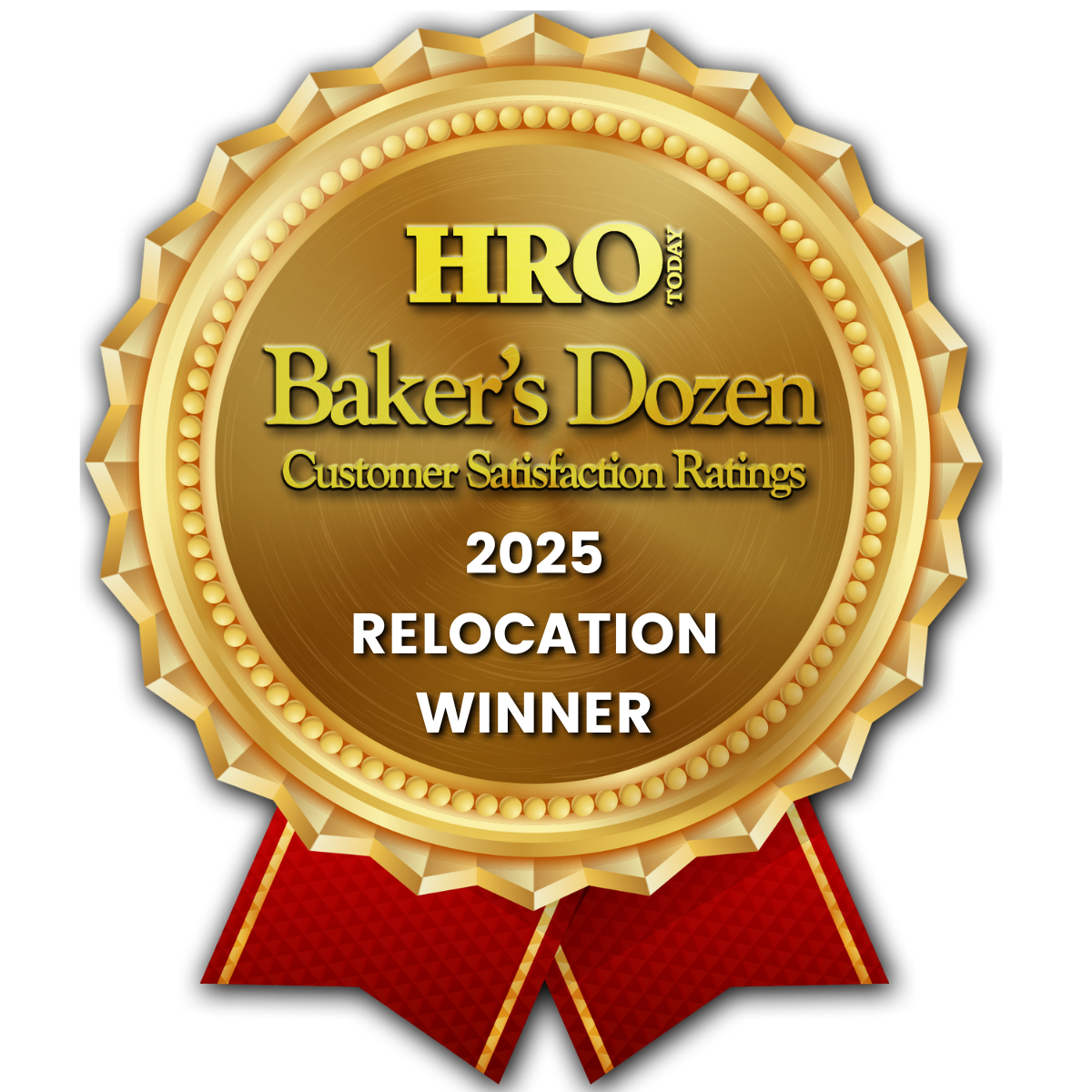Employee mobility is evolving fast, and 2026 will bring new expectations, new compliance requirements, and new opportunities for organizations relocating talent. Whether you move one employee a year or manage a global mobility program, a clear, updated relocation checklist is essential for staying compliant, supporting employees, and controlling costs.
At Global Mobility Solutions (GMS), we work with organizations every day to anticipate mobility trends before they become challenges. This 2026 Relocation Checklist is built to help HR, talent acquisition, and mobility leaders prepare for the year ahead with confidence.
Review 2026 Legal, Tax & Compliance Changes
The regulatory landscape is shifting, especially in states like California, New York, and Washington, as well as across global markets. For 2026, companies should prepare for:
✔ Updated repayment agreement requirements
Several states—including California—are enforcing stricter rules on when and how employers can require employees to repay relocation or training costs. Review:
Standalone repayment agreements
Mandatory review periods
Caps or restrictions on reimbursable costs
Interest-free repayment structures
✔ Remote-work–related tax exposure
Hybrid and remote policies may trigger:
Multi-state tax withholding
Permanent establishment risks for international relocations
Location-based payroll adjustments
✔ Evolving visa and immigration rules
With global talent shortages continuing into 2026, organizations must anticipate:
Longer processing times
New digital immigration platforms
Changing work authorization requirements
Increased scrutiny around corporate sponsorships
A mobility partner like GMS can help track changing regulations across all relocation destinations.
Align Relocation Policies With 2026 Workforce Expectations
Today’s employees expect more personalization, transparency, and flexibility. In 2026, competitive mobility programs should include:
✔ Tiered or core-flex relocation models
These allow employees to choose benefits that match their lifestyle—for example:
Pet relocation
Spousal/partner job support
Childcare sourcing
Flexible home-finding assistance
✔ Clear cost coverage guidelines
Define what your company will cover:
Household goods relocation
Temporary housing
Lump-sum allowances
Home purchase or sale benefits
Travel and visa fees
✔ DEI-informed relocation support
Many employees expect culturally informed services, including language training, community integration support, and neighborhood insights.
Prepare for the 2026 Housing & Rental Market
Housing will remain a major challenge for companies relocating talent in 2026. Trends to plan for:
✔ Limited inventory in key job markets
Major tech and business hubs—including Phoenix, Austin, Denver, and Boston—continue to experience low housing supply.
✔ Rising rental costs
Budget planning should include updated rental caps and temporary housing timelines.
✔ Extended home-finding timeframes
Employees may need longer search periods or temporary living arrangements due to competitive markets.
GMS home-finding and destination services can help reduce employee stress and shorten move-in timelines.
Evaluate Cost Management Strategies for 2026
Budget predictability is one of the top concerns for HR and mobility teams.
✔ Audit current relocation spend
Look for opportunities to reduce costs through:
Pre-negotiated supplier rates
Policy adjustments
Relocation benchmark comparisons
Lump-sum utilization analysis
✔ Plan for inflation impacts
Household goods shipments, rental cars, flights, and temporary housing continue to fluctuate—especially for international moves.
✔ Use relocation technology to track costs
GMS relocation technology gives employers full visibility into spend, trends, exceptions, and employee progress.
Modernize the Employee Experience
Relocating employees want streamlined support, real-time updates, and simple communication.
✔ Mobile-first relocation tools
Employees expect apps that track:
Tasks and timelines
Housing appointments
Household goods shipments
Immigration steps
Expense uploads
✔ 24/7 support
A high-touch relocation experience improves retention and reduces employee frustrations.
✔ Mental well-being & family support
Relocation is stressful. Consider:
Settling-in services
School search assistance
Community and cultural integration
Counseling or wellness resources
Build Your 2026 Relocation Checklist
Use this quick checklist to ensure your mobility program is ready:
2026 Relocation Checklist
☐ Update relocation policies for 2026 laws and compliance
☐ Ensure repayment agreements follow state-specific rules
☐ Review global immigration timelines and requirements
☐ Implement tiered or core-flex benefits
☐ Audit relocation budget and cost controls
☐ Update home-finding and temporary housing guidelines
☐ Prepare for rental and housing market challenges
☐ Implement or enhance relocation technology
☐ Strengthen employee communication and support resources
☐ Evaluate vendor partners and supply chain performance
Prepare for 2026 With GMS
As the mobility landscape continues to transform, companies need a relocation partner that stays ahead of regulatory, economic, and talent trends. GMS has been leading the global mobility industry for over 30 years, helping organizations create compliant, cost-effective, employee-friendly relocation programs.
If your organization is planning to relocate employees in 2026, GMS can help you build the strategy, tools, and support needed for a successful year.







